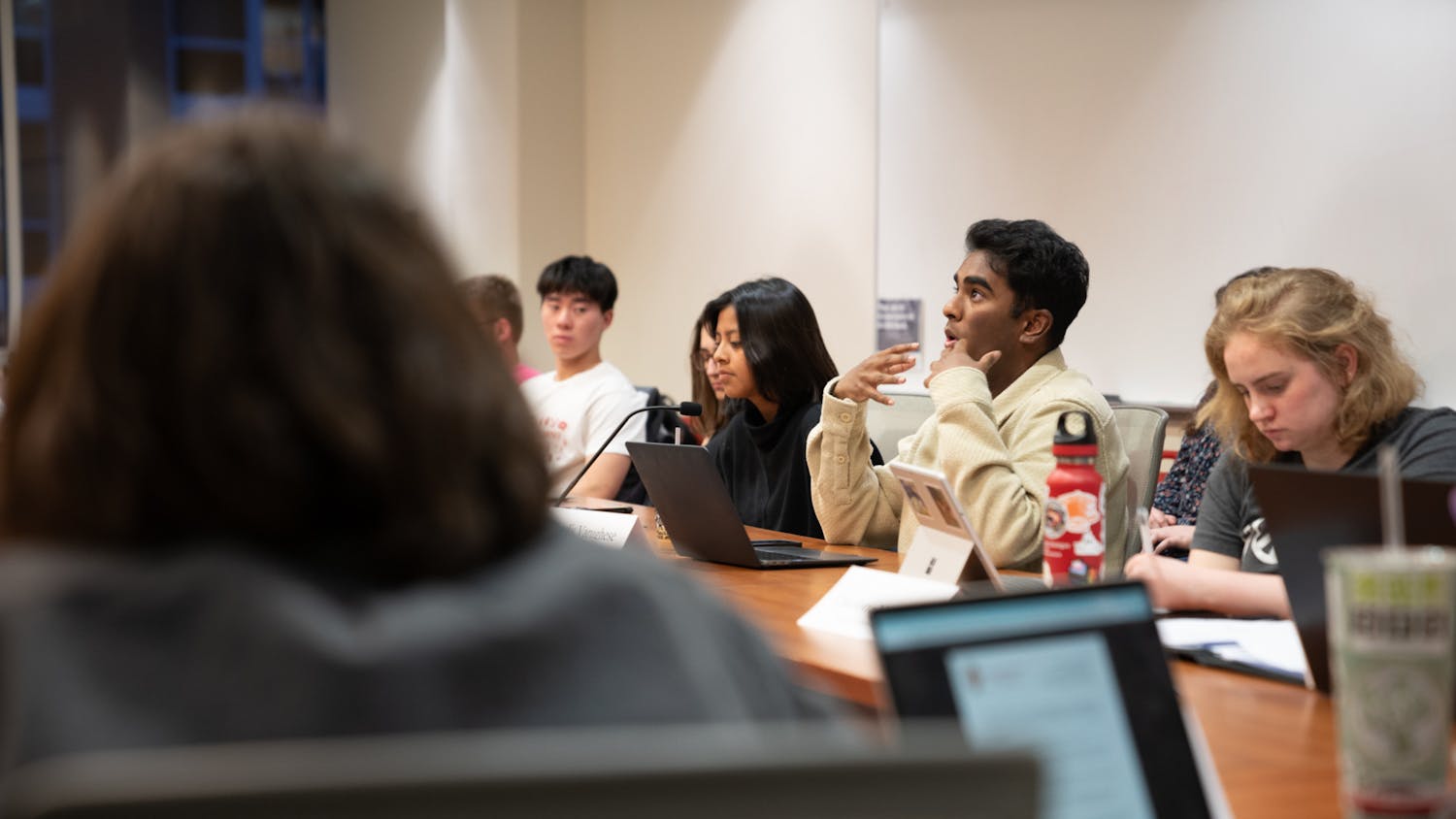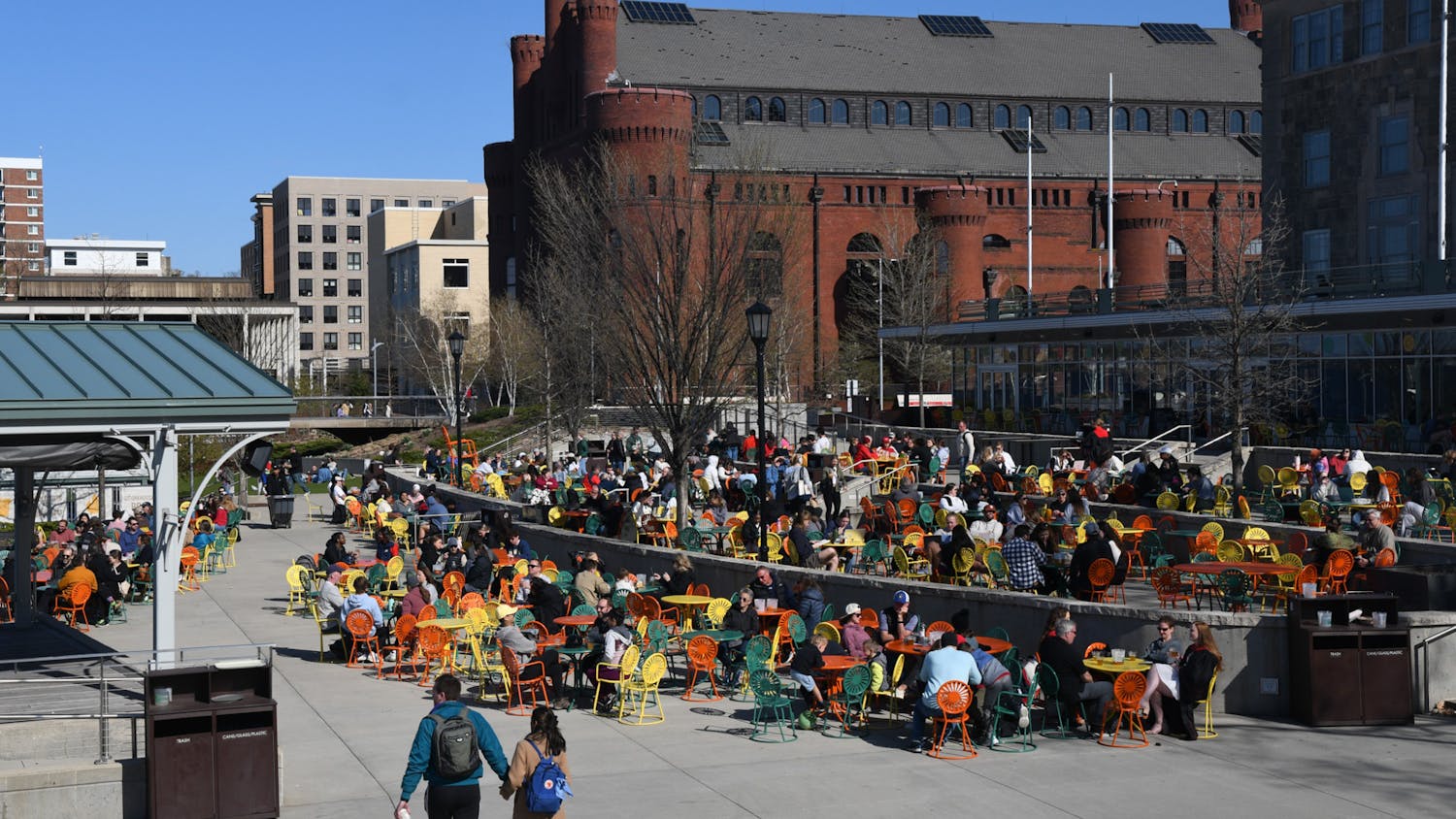To the Editor,
It was fitting to see two well-reasoned opinion columns in the Daily Cardinal about UW-Madison tuition policy. While Samantha Witthuhn and Todd Stevens had different perspectives, the debate is welcome because, in my opinion, nothing is more important to the future of the university than our relationship with the state and our approach to tuition.
Students and their parents are understandably wondering why tuition seems to rise faster than cost of living year in and year out. There are two main reasons why this has happened at UW. The first is that higher education costs have been increasing faster than cost of living by 1-2 percent per year, in part because growth in demand for higher education around the world is out-pacing the growth in supply. The second is that the growth in state tax support for the operating budget has not kept pace with cost of living, and in some years has actually declined. Because the operating budget is mainly funded by the sum of tuition and tax support, tuition has had to grow even faster than costs to fill the gap (or, more accurately, part of the gap).
That is the arithmetic of the past. What is the vision for the future?
My vision for our university is that it deliver both ""high quality"" and ""good value"" to our students, and I believe that is what we have historically delivered. The reason Wisconsin has produced so many corporate, academic, government and non-profit leaders is because we are a high quality institution. We must defend that quality. We have offered good value at the same time thanks to a combination of substantial tax support (which took the burden off tuition) and careful use of money (e.g., lean operations and modest salary structure). But the equation is changing.
For much of our more than 160 year history, tax money was the dominant source of operating budget. Over the last 40 years, there has been a steady upward trend in the shares of tuition revenue and private gifts in our educational expenditures. But this is a completely informal arrangement. No one mandates who pays what share of our budget. And it is human nature that each of the three stakeholder groups—the state, which contributes tax dollars, the students and families paying tuition, and alumni and friends who donate—would prefer the other groups paid more so they could pay less.
The trend toward more operating budget from tuition and gift funds seems reasonable to me, provided we simultaneously build the pool of financial aid available to keep the university open to the best qualified candidates without regard to their economic circumstance. Over the same 40-year period that the tuition and gift fund share of the budget has grown, we have seen the earnings of college graduates—especially those from high-quality institutions like UW-Madison—grow dramatically relative to the rest of the population. The stagnation of earnings for less educated workers has meant that the state has had to devote considerably more resources to basic needs in recent decades, restricting the discretionary funds available for higher education.
I view our students and alumni as among the more fortunate people in our increasingly knowledge-based economy. Taxpayers have funded an incredible institution and we must now take greater responsibility in stewarding and preserving what they have built. But as we take that responsibility, I also believe that the university needs greater autonomy and flexibility from the state so that these increasingly scarce resources—regardless of their source—can be put to their best use in a timely manner. Making the vision of ""high quality at good value"" a reality in the new economy demands us to rethink and debate the business model that underpins the university.
I am pleased that our chancellor is leading that conversation and that our students are listening, thinking, and debating. It is the most important applied learning project we will undertake this year.
Michael Knetter is the Dean of the Business School and the new president of the UW-Foundation. Please send all feedback to opinion@dailycardinal.com.





